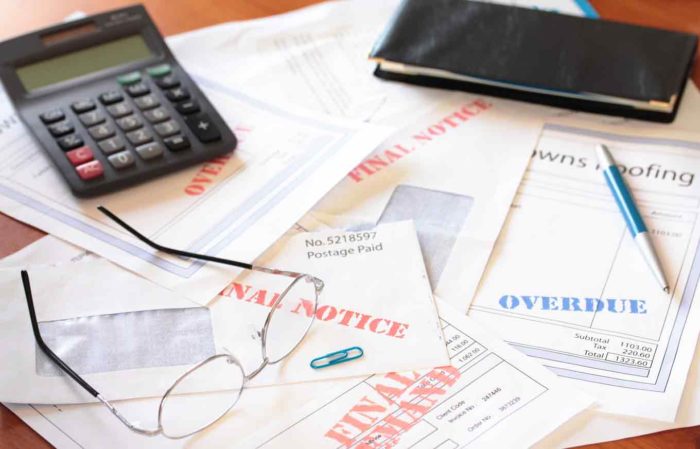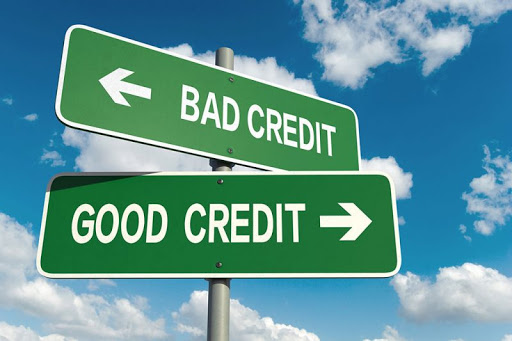Your credit report can be significantly marred by charge-offs which affect the approval of credit cards and loans. Removing these charge-offs can be hard, but not impossible. All you need is to follow the right process after which, your credit score and report would be greatly improved. To begin with, you need to understand what a charge-off is.

What Is A Charge-Off?
A charge-off is a debt which an owner finds difficult to pay off, causing the creditor to rule it out of their records as payment unlikely to be collected. This implies that such debt can not be paid. A charge-off occurs mostly after a period of 180 days, following the failure to pay off a debt.
You should know that not all creditor forego a debt; some may still pursue payment and provide long-term payment options to settle your debt.
However, if there is a confirmation that such debt can’t be paid, then the individual’s account is closed and traces of it wiped off from their books. Hence, a charge-off has occurred. A charge-off is so detrimental to your credit records that it stays visible for seven years. Getting rid of it is really complicated but possible.
It is important to remember that charge-off isn’t debt-forgiveness. It is a tool designed to help companies not pay taxes on unpaid debts. They will remove the charge-off from their books, reducing the taxable amount. However, that doesn’t mean they will forget the debt. There are several options available to them. They can still sue you or hire a collection agency. We asked several experts about how exactly charge-off works.
“A charge-off means that your account was either written off as a loss by the company with whom you had credit, such as a credit card company or that the account was sent to a collection agency for payment,” says John Danaher, president of TransUnion credit reporting agency.

Some companies don’t like charge-offs. “Creditors, especially credit card companies since they don’t have the option of repossessing your car, don’t like to do this,” says John Ulzheimer, a credit expert, who used to work for Equifax. “They would much rather you paid them than default.”
There are strict rules companies must follow for charge-offs. Rob Griffin, from the Experian credit bureau, says: “The Fair Credit Reporting Act has guidelines that require anyone referring an account for collections or a charge-off to report the date of the original delinquency within 90 days of when the account went to collections or was charged off.”
However, they don’t need to notify you when charge-off occurs. “You won’t normally get a phone call or a letter about a charge-off,” says Ulzheimer. “You’ll either eventually see it on your credit report or you’ll hear from a third-party debt collector who bought the debt.”
Even when it happens, it doesn’t mean that your debt is gone.
“Whether purchasing clothing on a credit card or financing your home with a mortgage, you’ve entered into a legal agreement with a lender to pay back those debts,” explains Danaher. “And that contractual obligation remains until the debt is paid or you’ve come to terms with that lender to pay back the debt at a lower amount. That obligation also remains even if it’s sold to a collection agency or even if it has been charged off for accounting purposes.”
It will also have an impact on your credit rating. Depending on the way a charge-off is resolved, your debt can be marked Paid, Paid in Full, Settled, or Settled for Less than Owned. Each of these has a different impact on your credit score.
“Under some of the latest credit scoring models from FICO and VantageScore, a collection marked ‘Paid’ or ‘Paid in Full’ is excluded from the calculation of your credit score,” explains Griffin. “So, paying a collection account may help you improve your credit score.”
Here are some ways you can remove charge-offs from your report.

Hire A Professional Credit Repair Company
A credit repair company can help remove charge-offs from your credit report. These companies communicate with the credit bureaus on your behalf to remove your account. Some of the best credit repair companies available include CreditRepair.com and Lexington Law.
With them at your service, your credit is in safe hands. At an affordable fee, you can have negative items removed from your report. Besides, they take the stress off your shoulders and provide you with the desired result.
You Can Personally Dispute The Charge-Offs With The Credit Bureaus.
If you prefer to handle the issue on your own, you can dispute all charge-offs with the credit report agencies. However, this can not be done without knowing the process. Besides, it requires some level of efforts. By the way, you can not be guaranteed any successful outcome. That is not to say that it can’t be done.
First off, familiarize yourself with the process and take note of every action you take. In some cases, you may have to pay the account. With that, it becomes easier to strike a deal with your creditors. It is not easy getting rid of charge-offs personally. But if you do, you can be assured that it won’t resurface again.
Always seek legal help when stuck. You may need to reset the clock for the negative item on your report. Once you begin this process, you will see tremendous results.

Write A Pay For Delete Letter
Another way you can get rid of your charge-offs is to write a pay-for-delete-letter. This letter needs to be directed to your creditor. The letter contains negotiations showing how willing you are to pay the debt in exchange for the deletion of the charge-offs. In addition to this, it contains actions that should be taken by the creditor.
You can request for the negative item to be deleted by the original creditor and debt collector as well. To back this up, there should be a written reply showing that they have agreed to your terms.
If you would need professional help getting rid of your charge-offs, please click here.









